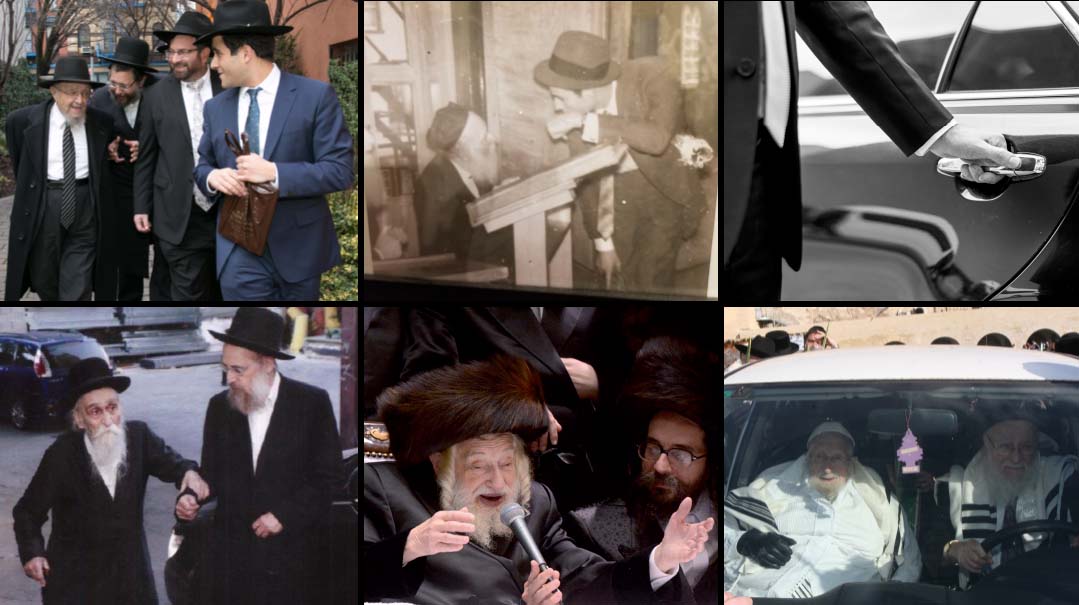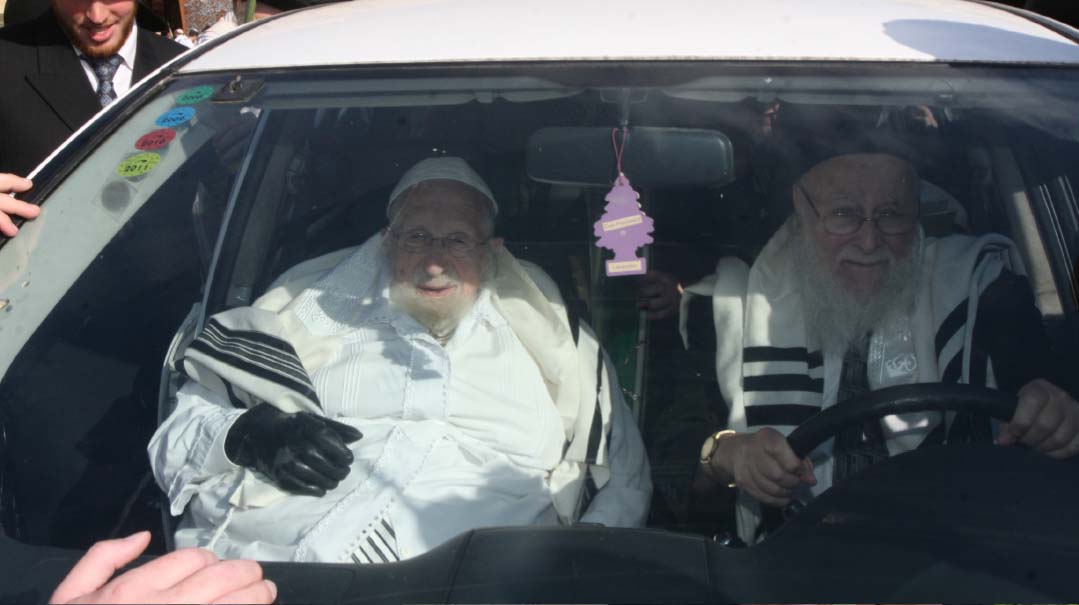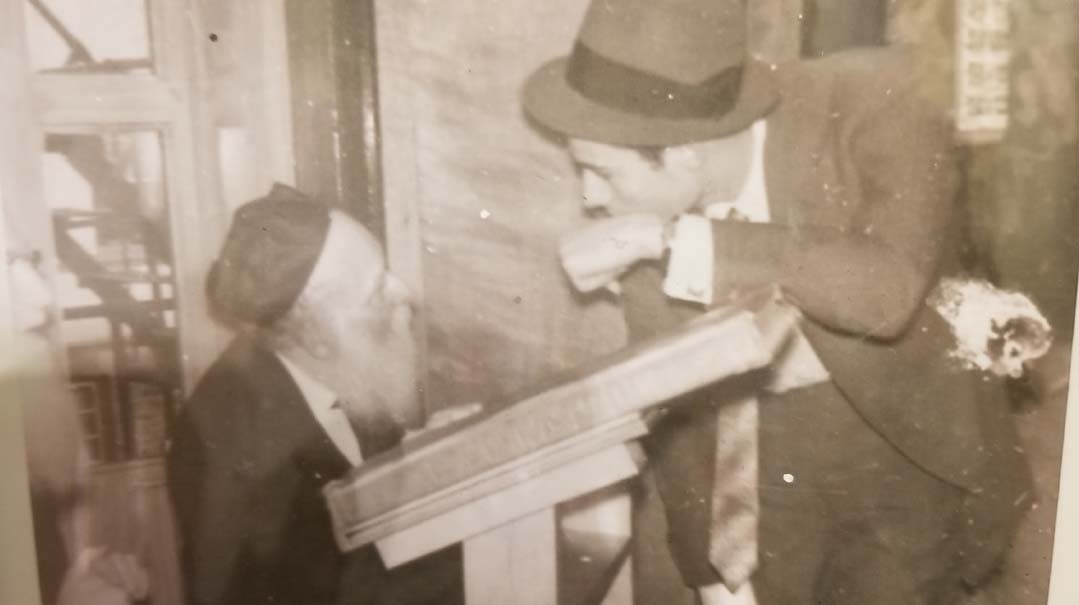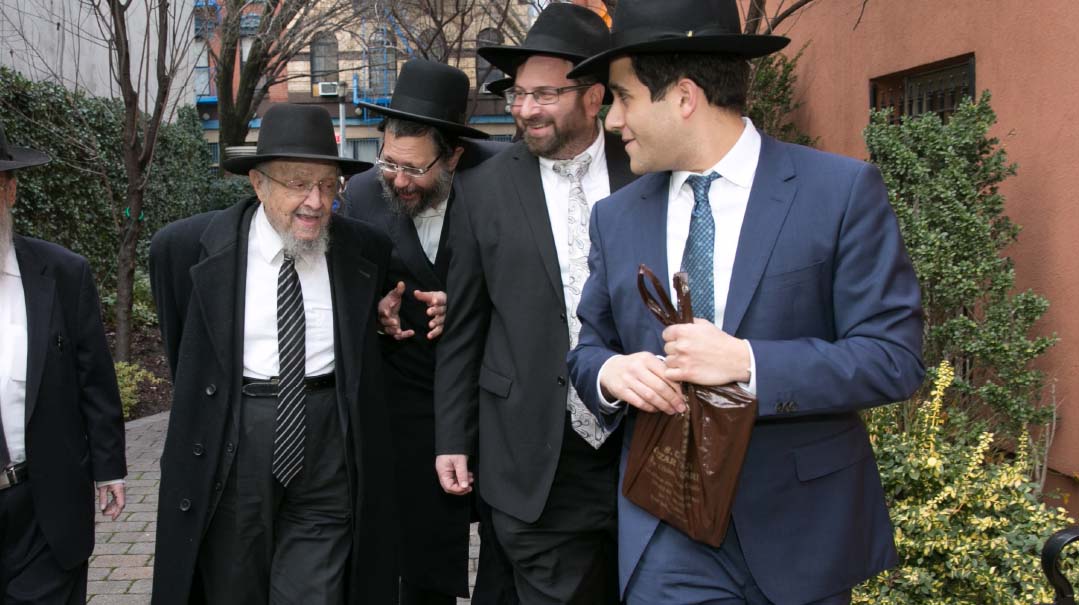Real Pain, Real Joy
| September 14, 2021Wherever the Skulener Rebbe traveled, he always took along a pile of seforim as well as a reading lamp
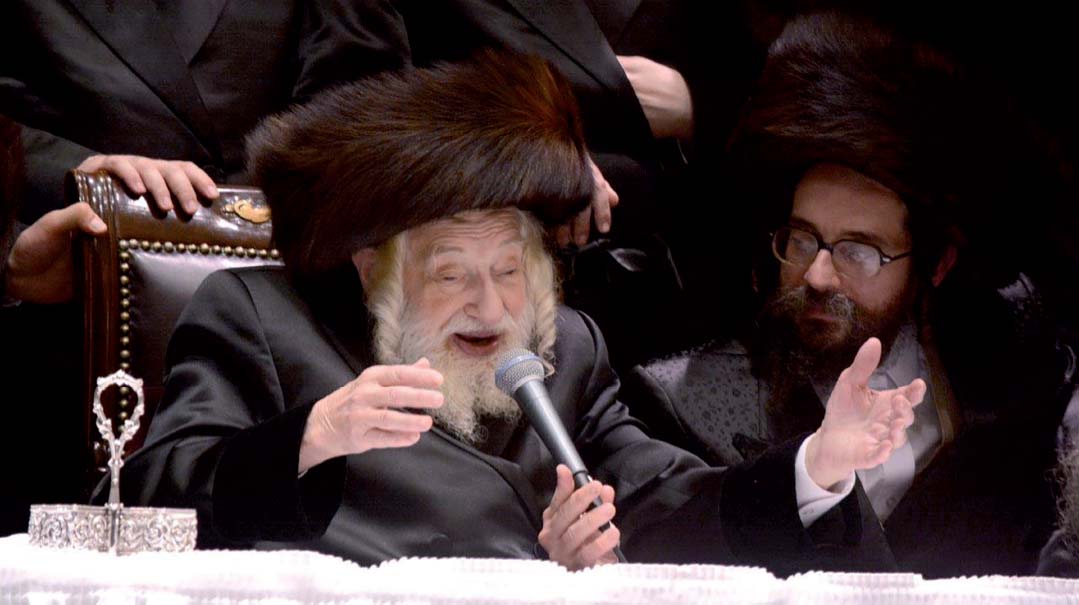
Rabbi Yekusiel Sherhoffer
Driver for the Skulener Rebbe, Rav Yisroel Avrohom Portugal
"Who will answer the phone?”
Rabbi Yekusiel Sherhoffer still remembers the question that preceded every trip he took as the attendant and personal driver of the Skulener Rebbe, Rav Yisroel Avrohom Portugal, ztz”l, for over 20 years.
The Rebbe traveled constantly to fundraise for Chesed l’Avrohom, a tzedakah organization founded by his father. However, in those pre-cellphone days he knew that people were constantly calling his home for brachos and guidance, and he couldn’t make his peace with the idea of desperate people left hanging. Before he left the house, he’d always ask, “Ver vet zein beim telephone, — who will answer the phone?”
Once, Reb Yekusiel was driving the Rebbe from Boro Park to Monsey. The Rebbe was very agitated and kept repeating, “Mer zicht mich — they’re looking for me.” Reb Yekusiel called one of the gabbaim to check if someone was indeed trying to reach him by phone. It turned out there was no one monitoring the Rebbe’s home phone and, in fact, there was a yungerman who had been frantically trying to reach the Rebbe.
This fellow and his wife had been childless for many years and were finally expecting a simchah, but suddenly needed urgent guidance regarding an unexpected complication. Such was the Rebbe’s concern for a Yid; he sensed their pain long-distance.
The Rebbe didn’t merely dispense brachos and send people on their way. He wanted them to leave with clarity and calm. In his last years, this wasn’t easy, because the Rebbe was already frail and his speech was hard to understand, so Reb Yekusiel would serve as an interpreter of sorts, repeating the Rebbe’s words to the visitor.
Once, an individual came to discuss something with the Rebbe. When he left, the Rebbe was not satisfied — he sensed that the visitor hadn’t understood his answer. “Gei noch der mentschen,” he instructed Reb Yekusiel. “Go after them, make sure they understood me well.”
The Rebbe felt deeply for any Yid in distress, relates Reb Yekusiel. You could clearly see the pain he experienced hearing about another Jew’s pain. But the same was true for sharing joy — and it was astounding to watch, as Reb Yekusiel drove the Rebbe from a levayah to a simchah, how this tzaddik could shift from wrenching pain to genuine joy, as the occasion warranted.
Wherever the Skulener Rebbe traveled, he always took along a pile of seforim as well as a reading lamp.
“Not for a moment was the Rebbe without a sefer,” says Reb Sherhoffer. “He kept a very intense schedule. He’d typically return from a Chesed l’Avrohom event at 4 a.m. and we’d expect him to go straight to sleep, because we could barely keep our eyes open. Instead, he would ask for one of his seforim. And that was after learning the whole way home.”
One summer, Reb Yekusiel drove the Rebbe to the Catskills. On the way, they stopped at a rest area. When the Rebbe got out, a couple spotted him and came forward to request a brachah. It made no difference that they were not chassidim; the Rebbe spent the better part of a half-hour with them, warmly blessing them while impressing on them the importance of a pure Jewish home, free of television and other outside influences. Back in the car, the Rebbe commented, “Now I know why we had to stop here.”
“Wherever he went,” says Reb Yekusiel, “he tried to find opportunities to bring kavod to the Eibishter.”
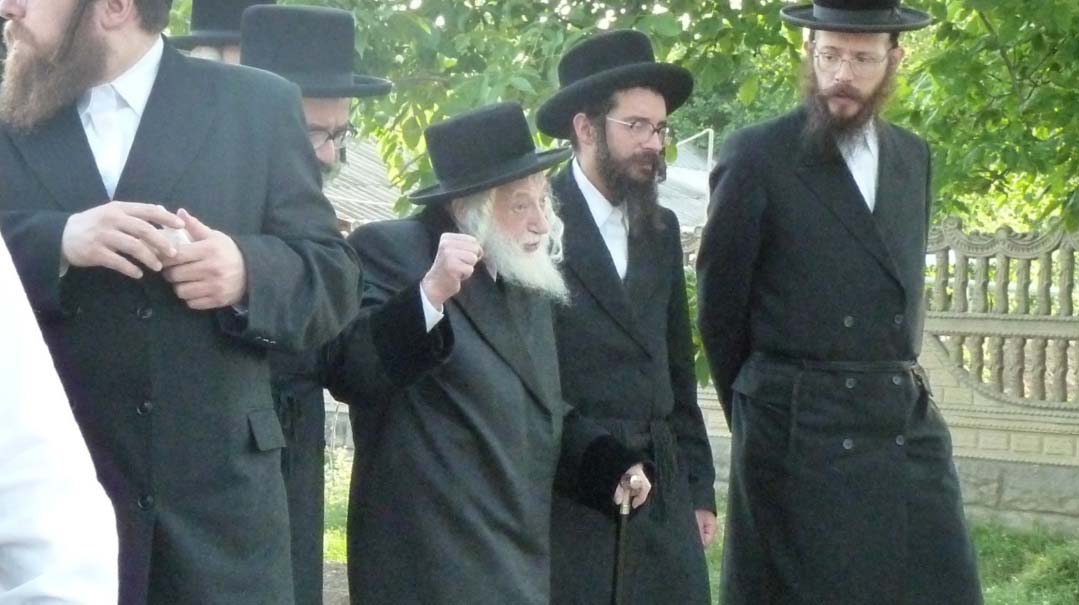
(Originally featured in Mishpacha, Issue 878)
Oops! We could not locate your form.

